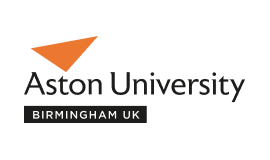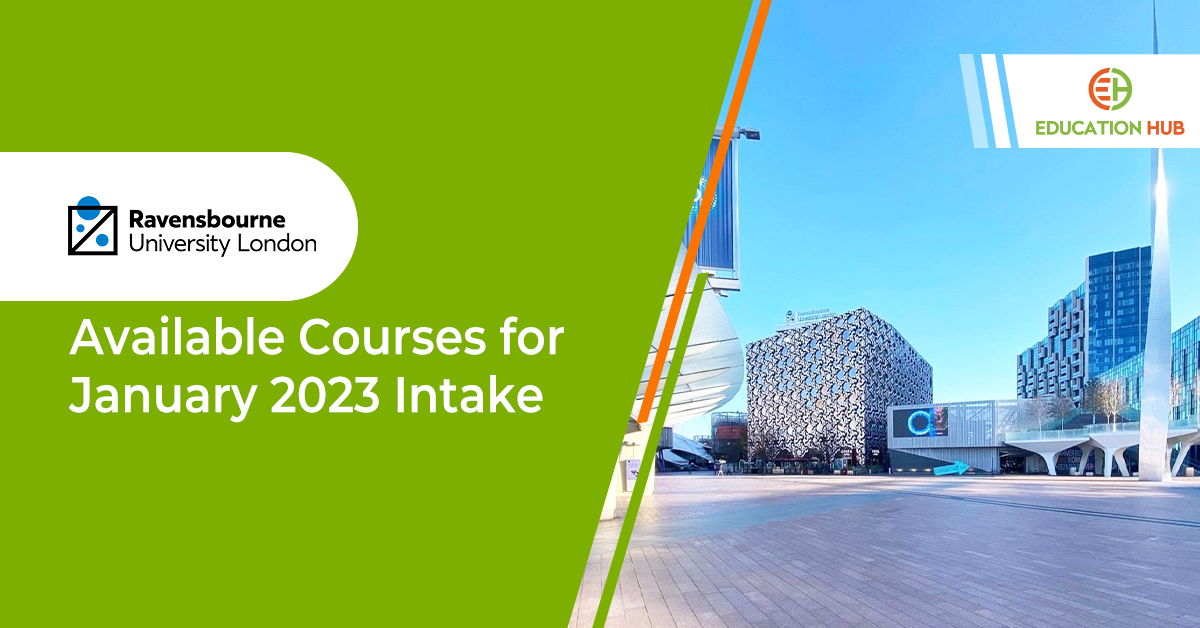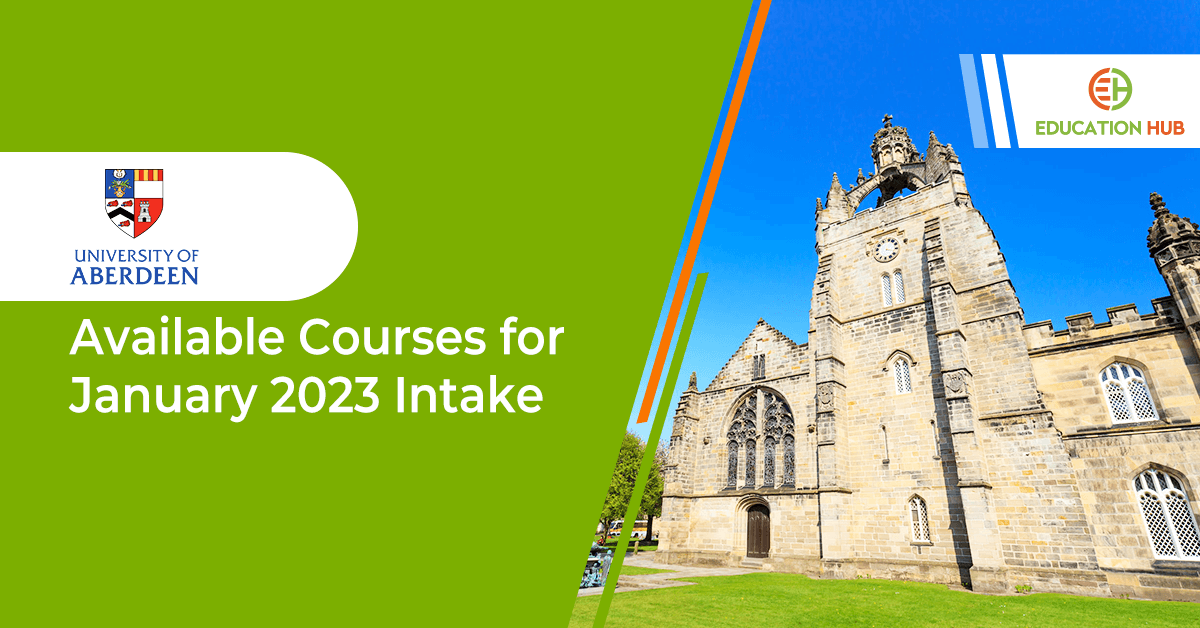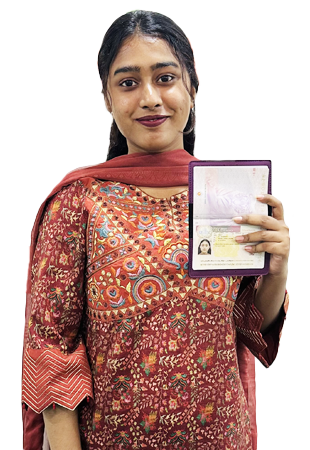Master's degree in the UK
What is a master's degree?
A master’s degree is an academic award at the postgraduate education level that is given to individuals who complete their study programs to show that they possess considerable professional knowledge in some fields or areas of practice. Graduates with a master’s degree should have enhanced and extensive ideas in a specific area of theoretical and practical areas of study, adequate complex skills and methods related to the chosen area of study, and a set of transferable and professional skills that they have acquired from individual learning and research.
Master’s degrees generally take one to three years to complete, with courses offered on a part-time or full-time basis. The period of full-time programs can range from one to three years, while part-time master’s programs can take anywhere from two to four years.
Types of Master's Degrees
The following list describes the distinct types of master’s degrees based on the most common course names used in university listings.
Master of Arts (MA): A Master of Arts (MA) is generally conferred in fields classified as arts or social sciences studies like communications, education, languages, linguistics, literature, geography, history, music, and many others. These are conveyed through a modular system of lectures and seminars, wherein the candidates are examined through an examination and/or dissertation from independent research work.
Master of Science (MS, MSc): A Master of Science (MS, MSc) is most often conferred in fields classified as the scientific disciplines, including biological, chemical, computer and civil engineering, health, and statistical sciences. There are fields like economics and most of the social sciences that can be considered to be both arts and sciences, and the name given to the master’s degree program will depend on the policy of the particular institution. As it pertains to such subjects, the MS may have more research inquiries than an MA and, therefore, may have a greater perceived value in some fields.
Master of Research (MRes): A Master of Research (MRes) degree is designed to provide training in how to become a researcher. Containing a significantly larger research element than MA or MSc programs, an MRes may give candidates an advantage if they wish to pursue a PhD or enter a research career.
Master of Studies (MSt): Taught in only a few places (including the University of Oxford and the University of Cambridge), a Master of Studies (MSt) degree is comparable to the MA or MSc, requiring both classroom learning and the completion of a thesis and an examination. In some cases, an MSt can serve as a provisional enrolment for a PhD.
Master by Research (MPhil): A Master by Research (MPhil) is an advanced research-based degree that allows the candidate to focus on a particular topic in-depth and independently, to complete a single large research project.
Master’s degrees Qualification Types
Here is a list of the best Masters courses in UK
Education
Medicine and dentistry
Law
Physical Sciences
Computer Science
Architecture
Veterinarian
Psychology
Business administration
Engineering
Here are the best universities to do Masters degree courses in UK
|
| ||
| De Montfort University | University of Bradford | Cardiff Metropolitan University | Coventry University |
|
|
| |
| Birmingham City University | University of Essex | University of Aberdeen | Arden University |
|
|
| |
| University of Hull | London South Bank University | Kingston University | Aston University |
Job opportunities in UK after Masters
According to the government's graduate labor market statistics, the employment rate of graduates and postgraduates is higher than that of non-graduates. Also, for some roles, such as clinical psychologist, librarian, lawyer, or teacher, a master's degree is important, while for others it is beneficial.
Read Time: 8 min | Total Reads: 78 | Published: 20 Feb, 2024

































